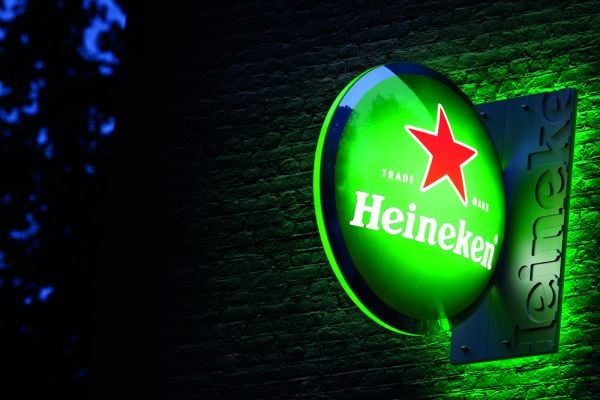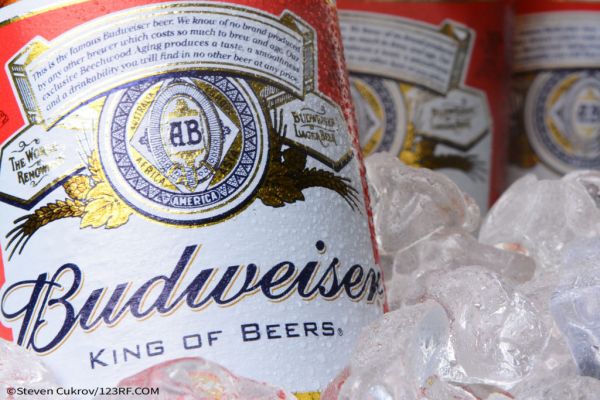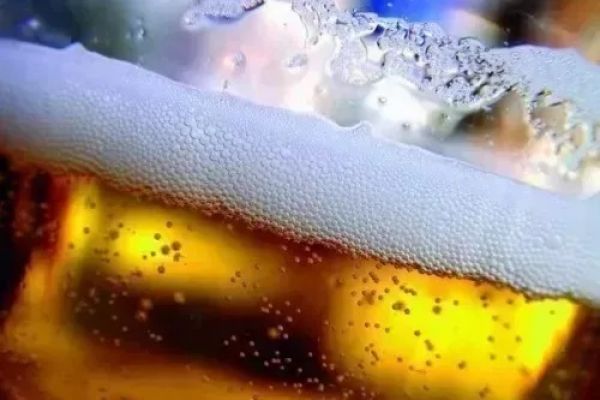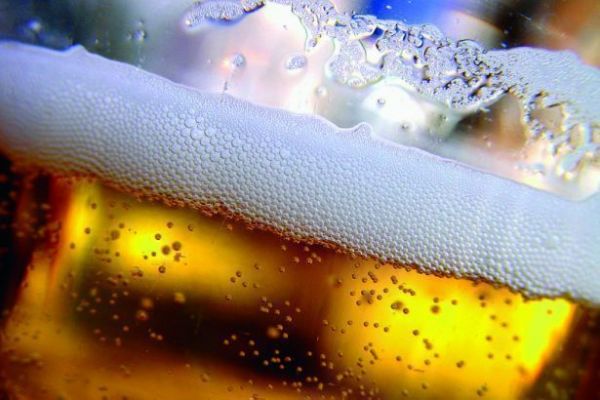Heineken NV, the world’s third-largest brewer, reported first-half sales that beat analysts’ estimates, as it introduced more products to drive higher prices in regions of sluggish demand, such as Europe.
Sales rose 6.7 per cent to €9.9 billion ($10.9 billion), Amsterdam-based Heineken said in a recent statement. That exceeded the €9.76-billion median of estimates compiled by Bloomberg. Heineken shares rose as much as 3.2 per cent in early Amsterdam trading.
Europe has been a difficult market for brewers lately, due to fierce price competition. SABMiller, the maker of Grolsch, reported quarterly sales that missed estimates amid plunging sales in Poland, while Anheuser-Busch InBev NV, the world’s largest brewer, saw European beer volumes plummet 7.5 per cent in the most recent period. Heineken’s first-half volume rose 0.9 per cent, more than analysts estimated.
“We can’t fault the composition of these results,” said James Edwardes Jones, an analyst at RBC Capital Markets.
New or modified products added €854 million to first-half revenue, helped by lemon-soda Radler beers and The Sub, a home draught-beer device. Heineken said that it plans to start selling The Sub in China, its fifth market, this month. Heineken got 8.6 per cent of sales from new products, compared with 7.4 per cent in the previous year and ahead of a prior goal of 6 per cent.
Deflationary Period
“Consumer goods companies in Europe are in a deflationary period, owing to tough competition,” chief executive officer Jean-Francois van Boxmeer said by phone. “The way that we remain competitive is by investing more in innovation and new products.”
Adjusted earnings before interest and taxation rose 6.5 per cent to €1.55 billion. Analysts expected €1.53 billion. The stock rose 2.2 per cent to €73.30 in Amsterdam.
Revenue per hectolitre of beer will increase in the second half, driven by developing markets, where Heineken has sought growth amid stagnant beer consumption in Europe. Weakening economies in Russia and Nigeria, along with increased regulation of alcohol sales in Indonesia, could weigh on results, Sanford C. Bernstein analyst Trevor Stirling said in a note before the announcement.
“Indonesia is concerning,” van Boxmeer said. “The law on distribution has dented our business quite significantly, and the proposed ban on alcohol sales is an even more profound danger, but we will fight until the end to reach an agreement.”
News by Bloomberg, edited by ESM. To subscribe to ESM: The European Supermarket Magazine, click here.









